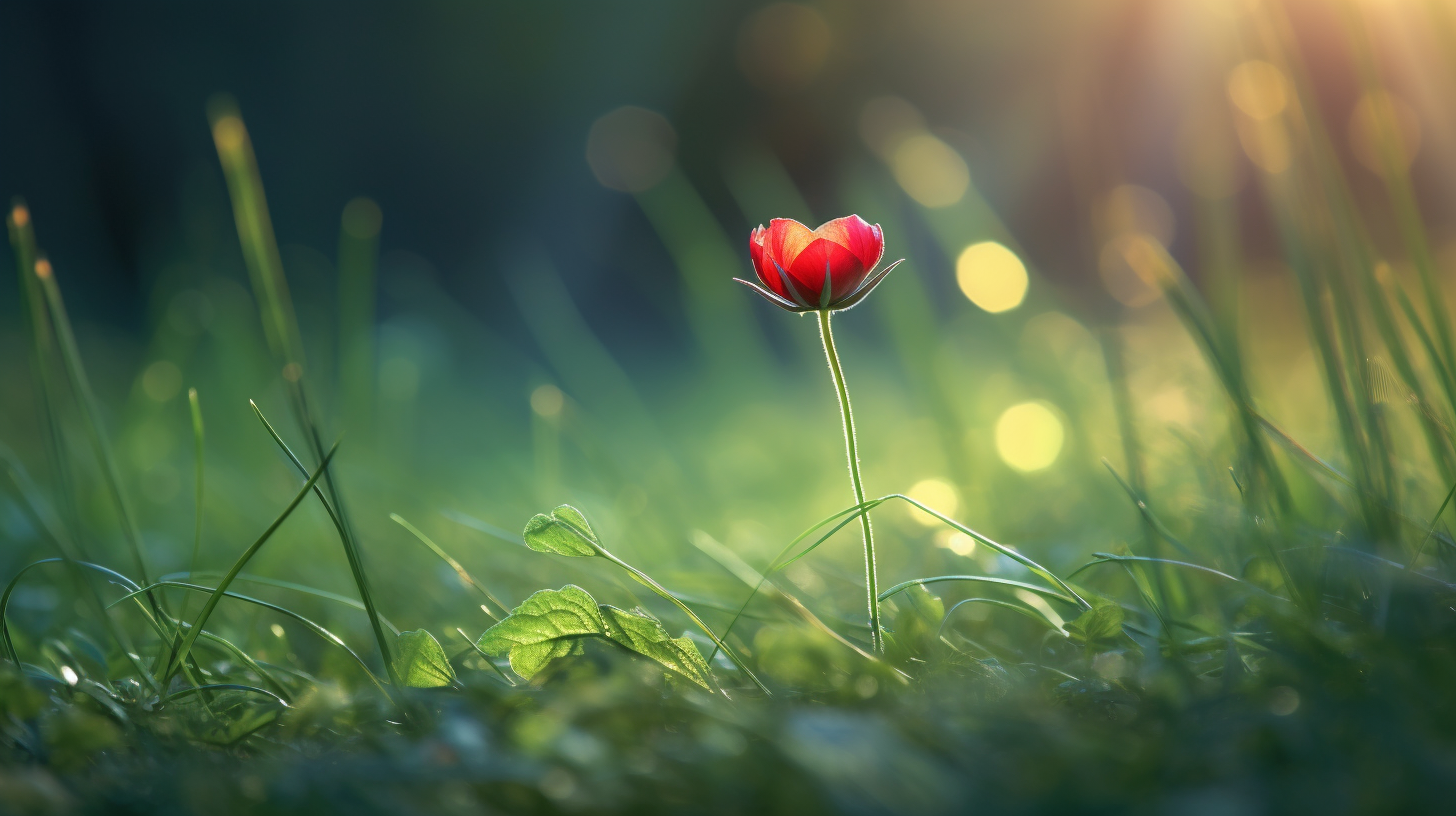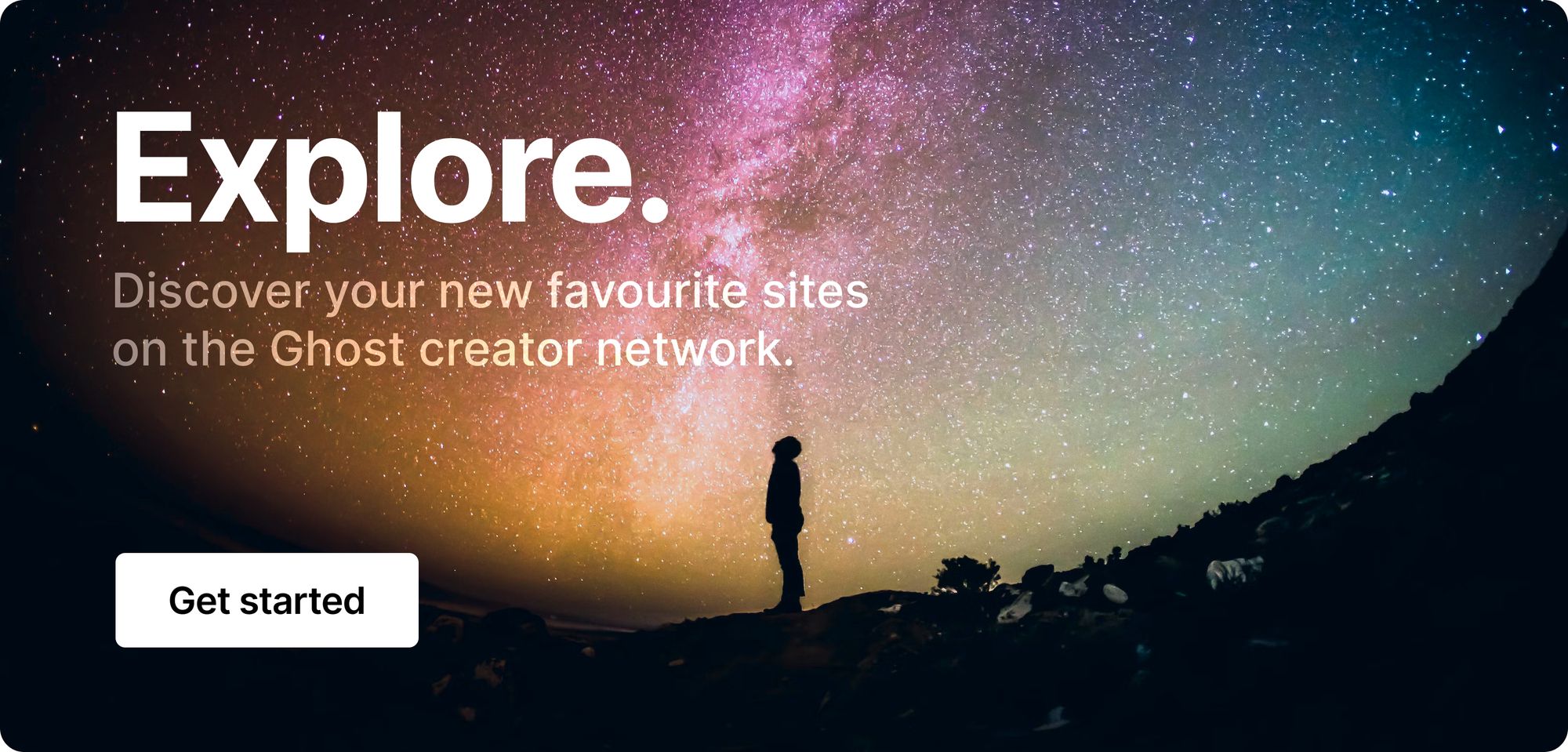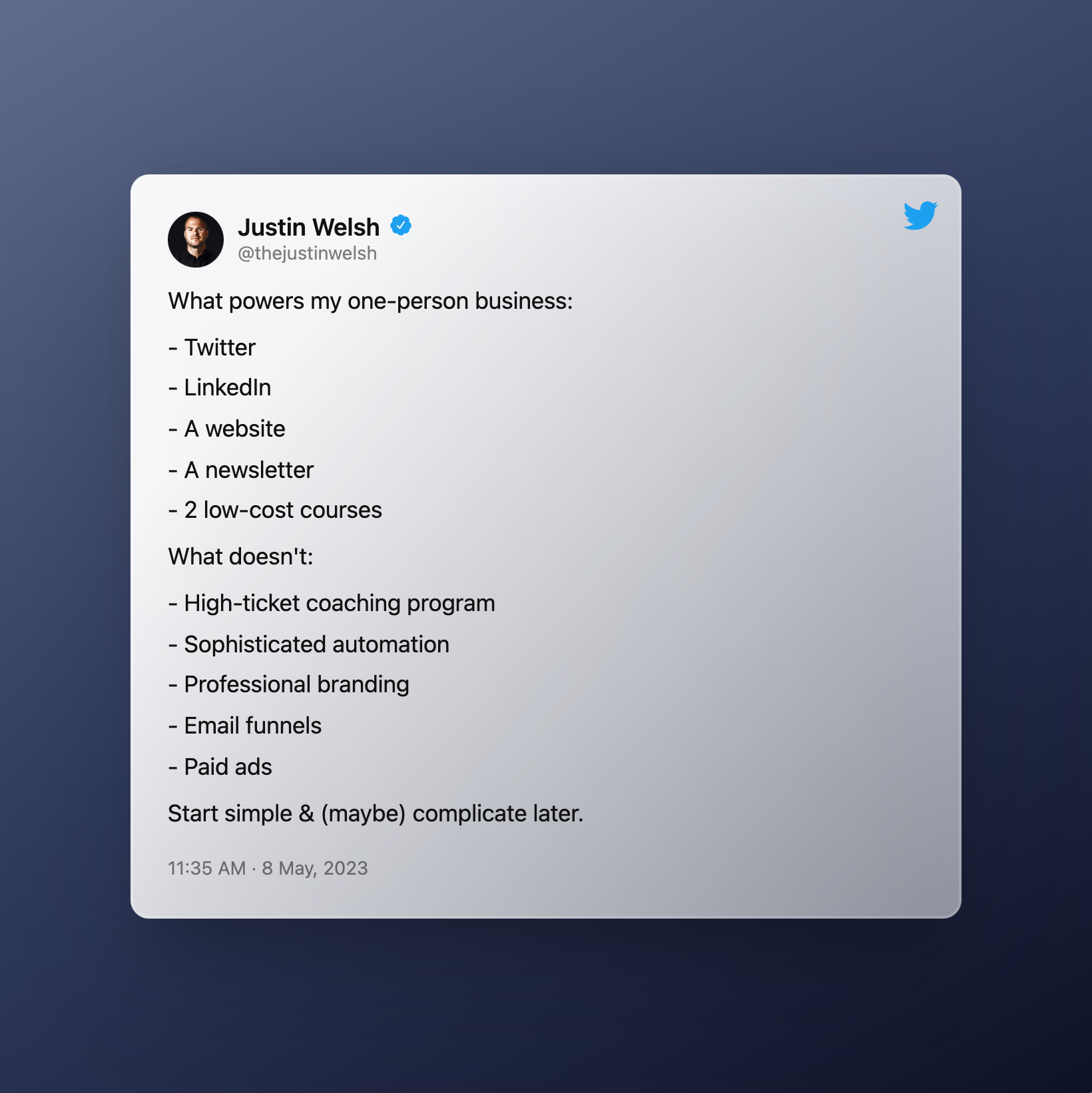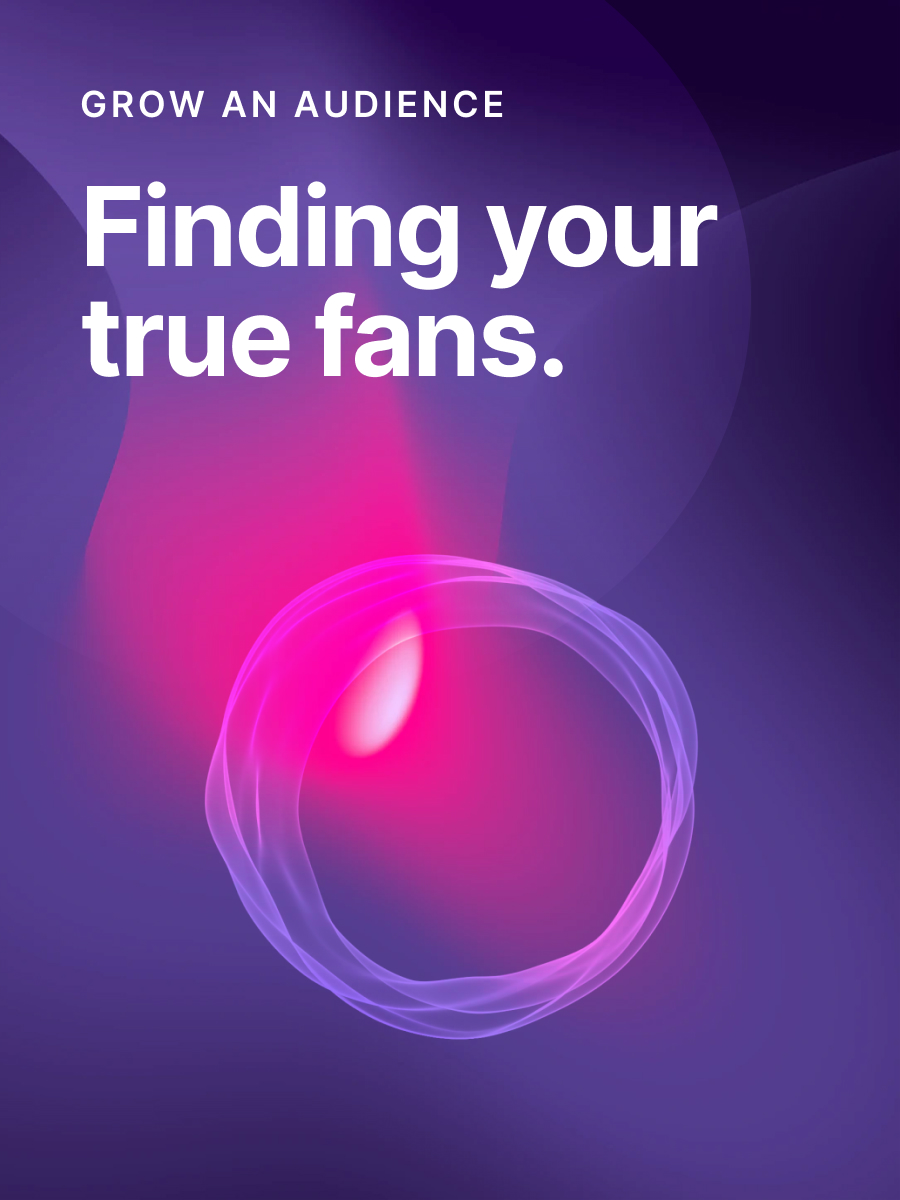🦄 Rising above average
Welcome back, everyone! We're excited to bring you another themed issue this week, with three stories and ideas about something we all rely on in the creator economy: Writing.
Let's dive in, the water is warm & there aren't many sharks around.
💬 In this week's issue:
- The Artisans Way — Why creators need to learn how to stand out as the Age of Average nears its end.
- Attention — Simple ideas to help your writing garner attention.
- Love/hate – What to do if you find yourself hating writing (it happens to the best of us).
Was this email forwarded to you? Subscribe here!
Standing out in a sea of averageness

In a recent Foster collective piece, Rob Hardy writes about the inescapable sense of averageness that is pervasive everywhere you look.
Creative works that inspire awe, and that speak to the depths of the human spirit, feel like an endangered species.
As writers in the digital realm, it's obvious how the world pushes us to conform and participate in creating average content. To get ahead, our content needs to be catchy, and skimmable. It needs to be optimized for search and able to reach people on social media. We have to create personal brands, add value, and niche down.
For the past 10 years, centralized platforms and their algorithms have visibly rewarded writing that adheres to a narrow set of rules.
But what if the Age of Average is nearing its end? As new tools and generative AI enter the picture, average writing will be easier and faster to produce, and cheaper too. What if the old playbooks for how to succeed start to fall apart, and people begin turning their attention to new corners of the internet?
In this new world, the only writing that will reliably cut through the noise, and reach people in their isolated corners of the internet, will be writing that’s thoughtfully crafted and unmistakably human.
In this new landscape, Rob argues, the old strategies for success will no longer be effective. Only thoughtfully crafted writing will be able to cut through the noise. New strategies for success will involve blending modern tools with an artisanal approach to produce unique, durable work meant to be cherished. This strategy, which Rob names "The Artisans Way," should allow creatives to speak their truth, embrace imperfections, and create work that feels alive.
In a world of atomization and disconnection, where the Age of Average surrounds us and dampens our spirit, we believe this approach is how we reverse the tides. We can choose the path of less, but better. We can reject the incentives nudging us to behave more like machines and factories. We can reclaim our humanity, approach our work as artisans, and focus not on shouting louder, but mattering more. We can choose The Artisan's Way.
👉 Learn more and apply to join: use "Ghost" in the application to get $250 off the program.
Interesting stories & ideas 📚
- Psychological principles to improve your marketing
- Can phrasing H2's into questions help boost organic traffic?
- Why you shouldn't worry about AI-powered search - yet!
- What is Bluesky and how do you join?
- Tips for creating successful Reddit ads as a small business
7 ways to maintain attention in your writing

As a writer you rely on the attention of others. First your writing must attract the attention of your audience, and then it must keep it. In the modern world, doing both of these things has becoming increasingly difficult, as Morgan Housel argues.
Getting people’s attention has never been easy, but social media made it a nightmare. Someone reading a book 20 years ago had few other distractions in front of them. Today your phone offers an Olympic competition for your dopamine.
Using short-term wins like clickbait comes at the expense of a long-term loss of trust — and we trust you know this is not an ideal scenario.
But the good news is that the loudest voices don't always have to win. Morgan shares some tips you can run with today, to help strike a healthy middle-ground:
- When you invest time in writing, you hope that others will invest in consuming it. Respect your readers' time by getting to the point, fast.
- Good stories will always stick with people more than anything else. It doesn't mean you can't write in long-form, but don't do that at the expense of a good story (or to make up for a lack of one).
- Create "ah-ha" moments for readers. Follow your gut when it comes to explaining things people intuitively know is true, but haven't yet put into words.
- No matter how complex the subject, write in language anyone can comprehend. Writing clearly can't be underestimated.
- Deliver new information through the lens of something readers already know. Asking people to leverage something they already understand is a great way of communicating. Analogies are cool.
There are three types of written content: You can give people information; you can give them an opinion; or you can try to change the way they think. The first is ultra-competitive. The second pulls you towards pandering. The third is, I think, by far the most powerful, and the best way to not only get but keep people’s attention.

You're going to hate writing 🙃

In a love-hate relationship with writing? You're not alone. When you love something so much, you're bound to hate it at times. Although the hate is temporary, it can feel discouraging enough to make you quit altogether. Writer David Perell walks us through how to stay committed to (or take a break from) your craft during times of turmoil. 😵💫
If you’re indifferent about a piece of writing or it feels like busy work to you, stop working on it. And if you permanently hate writing, don’t write. Cut the masochism and do something else. When I hate writing, it’s because I love it so much. An experienced writer is somebody who knows when the hatred is temporary.
Doing what you love won't always feel like love, and that's perfectly normal. Here are some tips to help you level out:
- Remind yourself that negative emotions are temporary
- Take a break and do something else you love
- Reassess your long-term goals and focus on why you love to create
The difference between a “writer” and “somebody who writes” is the difference between showing up on a schedule and only showing up when you’re inspired. If you insist on always loving the craft, you’ll quit in the face of turmoil. Greatness isn’t always rainbows and butterflies.
Greatness isn't always rainbows and butterflies? Lisa Frank would like a word. 🦄
So, don't get discouraged! The negativity you sometimes feel when writing will pass, and it just means you're doing the love thing right. We love that.
Curator's pick

Enjoy this newsletter?
Forward to a friend, sharing is caring.
Anything else? Hit reply to send us feedback or say hello. We don't bite!
Join an invite-only community! Connect with like-minded people who create content professionally — apply here.







